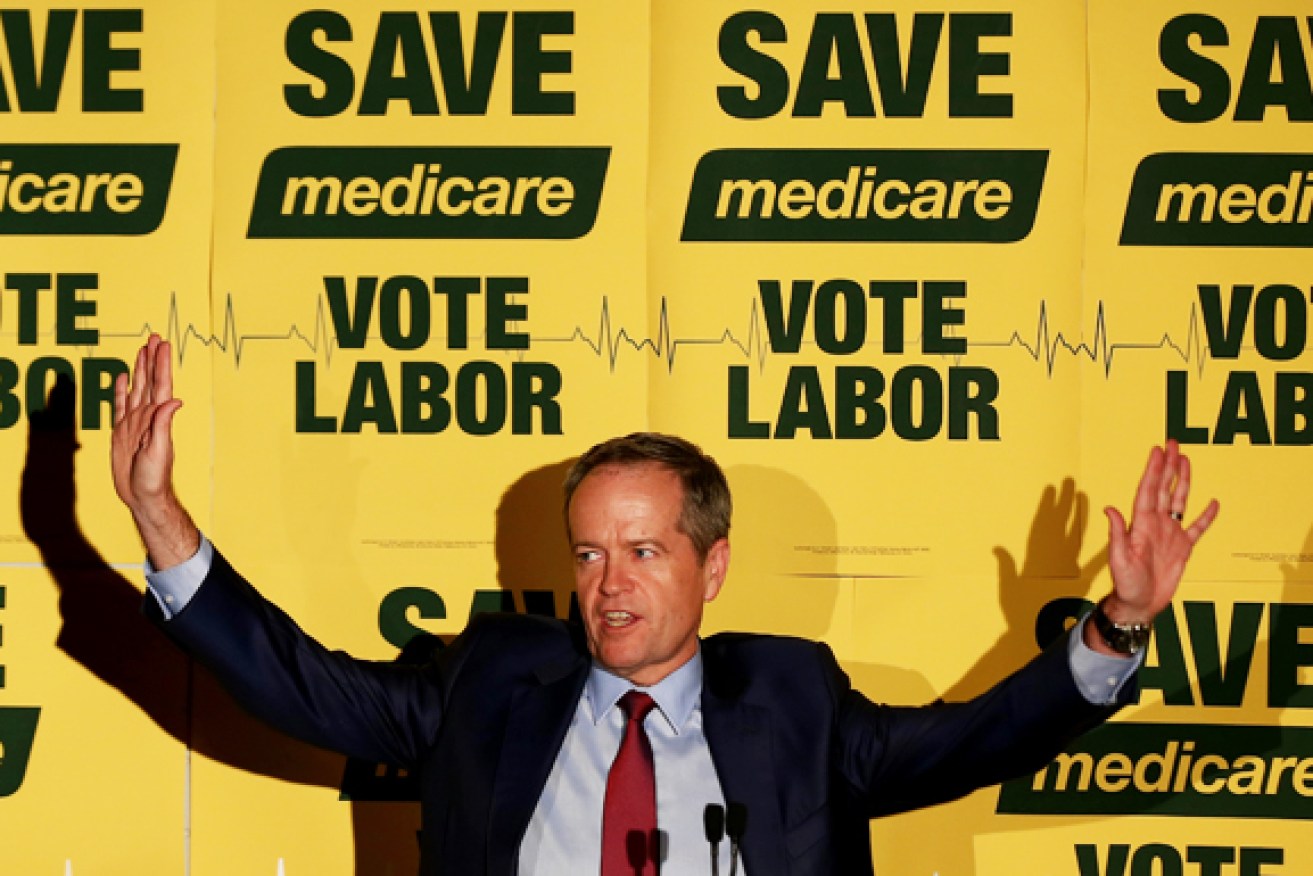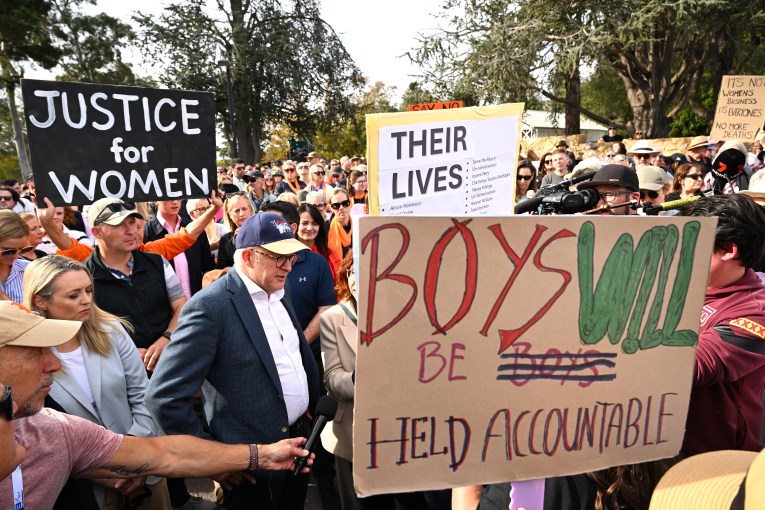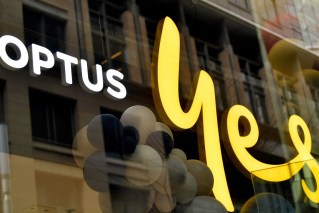Voters don’t like scare campaigns: study

Bill Shorten's so-called 'Mediscare' campaign resonated with voters at the last federal election. Photo: AAP Photo: AAP
A new study has found negative political advertising or scare campaigns turn people away from the major parties using them.
The research, conducted at the Australian National University (ANU), measured the biometric changes in 71 people, ranging from 18 to 72 years old, while they watched political advertising.
Their heart rate and skin conductance revealed how interested they were in the advert.
• ‘Fake address’ Lib faces probe
• Farmers angry at milk price cut
• Eddie Obeid found guilty
Dr Andrew Hughes said the results showed negative advertising “turned people off”, with not one person in the study reporting they liked the negative campaigns.
“They [the adverts] weren’t doing the job they planned to do,” he said.

Labor has recruited former PM Bob Hawke to drive home its Medicare warning.
Instead, Dr Hughes said the advertisements had the opposite effect.
“I found that people recalled how much they hated the negative advertising,” he said.
“It was really quite strong emotions … I had to clean the language up, you might say, because people really unleashed that they were very unhappy.”
Negative ads might see more people vote for minor parties
But Dr Hughes said people remembered advertisements with positive messages.
“People had recalled, in good detail, a positive ad that had been done by an advertising agency for the TV show Gruen Nation for the Greens,” he said.
“That had got people’s memory working quite well.
“In other words, they liked the positive message but they didn’t like the negative message, and the negative messages hadn’t worked.”
Dr Hughes said the effect of scare campaigns could see more voters choose to support minor parties and independents.
“What I’ve noticed in this election, more than anything else, is that people are saying, ‘I don’t like the ads for the major parties, this time around I’ll be voting independent’,” he said.
Dr Hughes said the results should be a wake-up call for the major parties and that they should re-think political scare campaigns.
“[The major parties] need to redesign their advertising to focus on what people want to see from their messaging, not what they think they should see from their messaging.”








